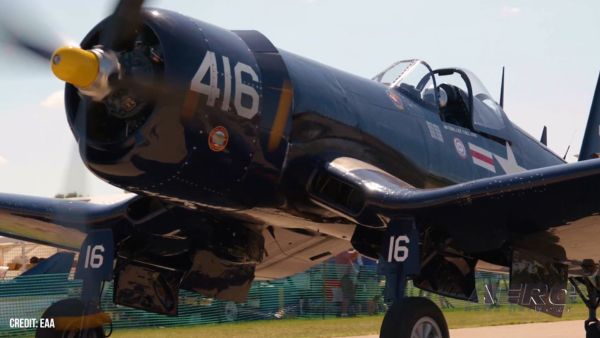Sun, Nov 01, 2015
Utilizes Multi-Sensor See-Through Imaging System To Present Hi-Res images
Sierra Nevada Corporation (SNC) has been awarded a task order for the next phase of development for its Degraded Visual Environment Pilotage System (DVEPS). The indefinite-delivery/indefinite-quantity (IDIQ) contract with the United States Special Operations Command Technology Applications Contracting Office was initially awarded in 2013 to increase the safety of military aircrews worldwide.

SNC’s DVE Pilotage System will allow pilots to safely operate in degraded visual environments such as brownout, smoke, sand, snow, rain and fog conditions through the use of a multi-sensor, see-through imaging system that provides real-time, high-resolution fused imagery of the terrain and obstacles. This multi-aircraft, game-changing technology will increase aircrew situational awareness of obstacles throughout all phases of flight including people, power lines, ditches, mountains, rocks and other obstacles, reducing loss of life and equipment.
SNC was competitively selected for the third phase task order following a successful airborne test of its DVEPS program at the Yuma Proving Grounds in Arizona in June 2015. This airborne test demonstrated SNC’s ability to fuse multi-sensor data into real-time, high-fidelity imagery during operations in DVE conditions. The final contract phase includes Integrated System Development/Demonstration, Low-Rate Production and Qualification testing. The effort will begin in fiscal year 2016 with Developmental Flight Testing, leading to a Milestone C decision followed by Low-Rate Initial Production to support Qualification and Operational Testing.
“It is a great honor to have been selected for the third phase of this important life-saving and mission enabling program that will provide agile, flexible and economical technology to our country’s military.” said Greg Cox, corporate vice president for SNC’s Communication, Navigation and Surveillance/Air Traffic Management business area “DVEPS combines unmatched performance in a reduced Size, Weight and Power (SWaP) envelope, creating a superior system that was unavailable at the start of the program. We look forward to finalizing this phase of the contract, leading to a Full-Rate Production decision in fiscal year 2017/2018.”
More News
“While legendary World War II aircraft such as the Corsair and P-51 Mustang still were widely flown at the start of the Korean War in 1950, a new age of jets rapidly came to >[...]
Decision Altitude (DA) A specified altitude (mean sea level (MSL)) on an instrument approach procedure (ILS, GLS, vertically guided RNAV) at which the pilot must decide whether to >[...]
Aero Linx: National Aviation Safety Foundation (NASF) The National Aviation Safety Foundation is a support group whose objective is to enhance aviation safety through educational p>[...]
Also: Cal Poly Aviation Club, $$un Country, Arkansas Aviation Academy, Teamsters Local 2118 In response to two recent general aviation accidents that made national headlines, more >[...]
“The FAA is tasked with ensuring our skies are safe, and they do a great job at it, but there is something about the system that is holding up the medical process. Obviously,>[...]
 Aero-News: Quote of the Day (04.28.25)
Aero-News: Quote of the Day (04.28.25) ANN's Daily Aero-Term (04.28.25): Decision Altitude (DA)
ANN's Daily Aero-Term (04.28.25): Decision Altitude (DA) ANN's Daily Aero-Linx (04.28.25)
ANN's Daily Aero-Linx (04.28.25) Airborne-Flight Training 04.24.25: GA Refocused, Seminole/Epic, WestJet v TFWP
Airborne-Flight Training 04.24.25: GA Refocused, Seminole/Epic, WestJet v TFWP Aero-News: Quote of the Day (04.29.25)
Aero-News: Quote of the Day (04.29.25)



